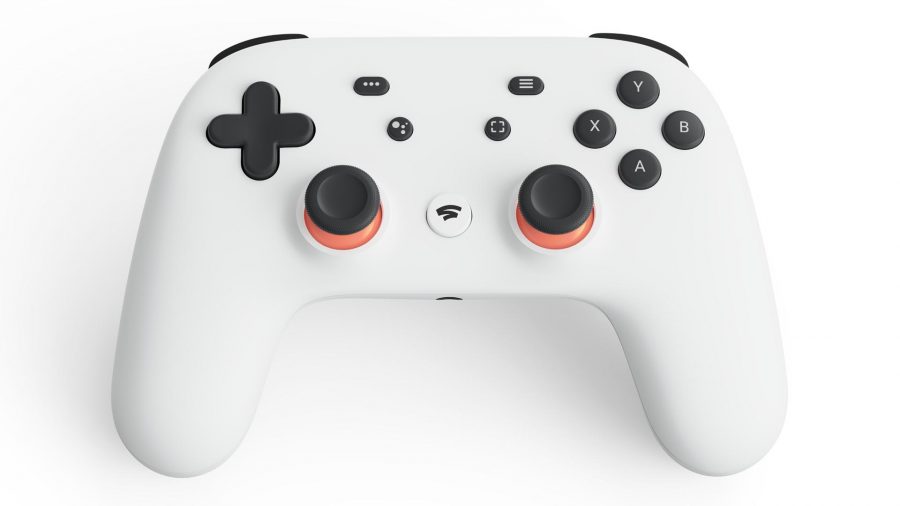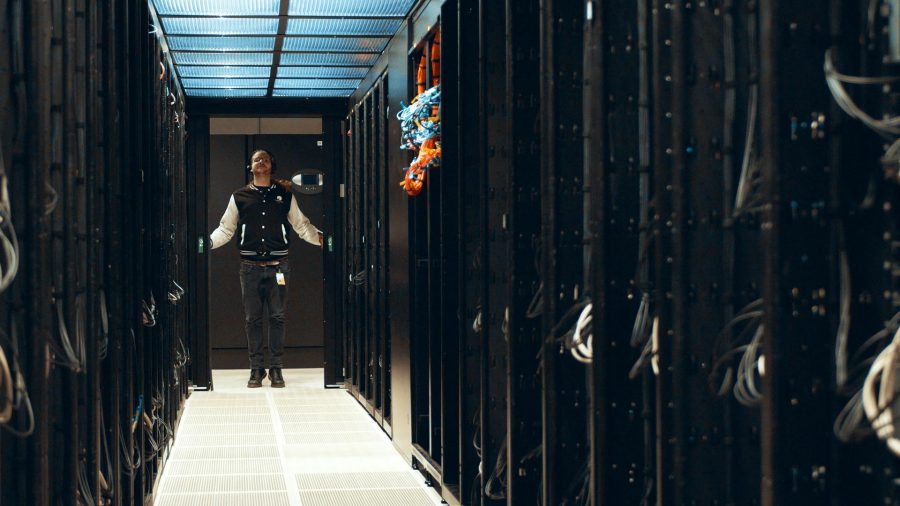Google Stadia’s inaugural update stream dominated the news cycle last night, and we now know how much Google Stadia will cost, the connection it requires, and the first wave of publishers it’s convinced to take on the streaming mantle. But gaming via the cloud is far from a one horse race, so we’ve asked Emmanuel Freund, CEO of competing streaming service Blade Shadow, for his thoughts on Google’s new project.
Shadow and Stadia are two very different services despite their initial similarities as cloud game streaming services. Stadia is a closed platform – all games on the service will be built for it, signed off by Google, and catered to the service. That brings with it certain benefits, such as streaming specific functionality. For example, Ghost Recon Breakpoint has been teased with multi-screen features exclusive to Google Stadia.
While Shadow operates across existing platforms and ecosystems. The Shadow system provides a Windows 10 gaming PC – or an instance that acts exactly like one in a server rack – through which you may install Steam, Origin, or whichever app you require to meet your needs. That means you won’t be getting any of that streaming specific functionality, but you do have access to the entire PC ecosystem available to you.
Google’s entry into the market has certainly raised awareness for cloud streaming services. But is it a tide that raises all boats for streaming, or a threat to existing, smaller players?
We spoke with Emmanuel Freund, Blade’s CEO, to find out David’s perspective in this emerging David versus Goliath story.
PCGN: Blade and Google Stadia have two very different subscription models – are these at odds with each other?
Emmanuel Freund: The offerings are very different. On one hand, Stadia renews the console gaming ecosystem, while Shadow offers a full Windows 10 gaming PC.
PCGN: What do you think is the benefit of having the PC ecosystem – Steam, Epic, etc. – open to users over the closed ecosystem of Stadia?
Emmanuel Freund: The gaming industry has already changed significantly over the last few years. If we look at the most played games for example, such as Apex or Fortnite, they’re mostly free to play. It could be inefficient to subscribe to a multitude of catalogs to access all the games you want. Not to mention if the platform closes or if the deal with the publisher expires. With Shadow you own the games you play.
PCGN: How can Shadow compete with the computational promises of Stadia, eg. beyond the performance of anything a home PC can manage today?
Emmanuel Freund: Shadow has proved its technology with thousands of users for the past two years. We have a lead we intend to keep thanks to our agility and talents.
PCGN: Can Shadow compete with Google’s infrastructure?
Emmanuel Freund: If we’re talking about the existing infrastructure park – well, no. But it’s worth questioning if it’s even an asset. Having built our infrastructure from scratch, we have the ability to implement the most cutting-edge technologies, specifically adapted to cloud computing needs whilst maintaining cost efficiency. This isn’t to say that scale scares us – we’ve had many of the leading global telecommunication providers coming to us with offers.
PCGN: Is it now a race to further advance encoding technologies?
Emmanuel Freund: It is a technology race, as it always has been. We started over three years ago, we have cutting-edge encoding proprietary technology that has been used and enjoyed by tens of thousands of users in Europe and the US. We are continually pushing our technological edge further, based on our market experience, to not only improve encoding but also bring new experiences to our users.
PCGN: Do you think Google’s entry into the market has proven the streaming concept as a viable alternative? Do you think this will encourage the market to look towards other services beyond Google’s?
Emmanuel Freund: Sure. Google definitely isn’t the only one rushing to cloud gaming. With E3 a matter of days away, the real question is which gaming company won’t say the word “cloud” in its conference or announcement.
It’s clear that cloud computing is the future, and the multitude of companies embracing cloud-powered technologies will surely prove its benefits to people. It will then be down to the consumer to choose the most valuable offer for them.


